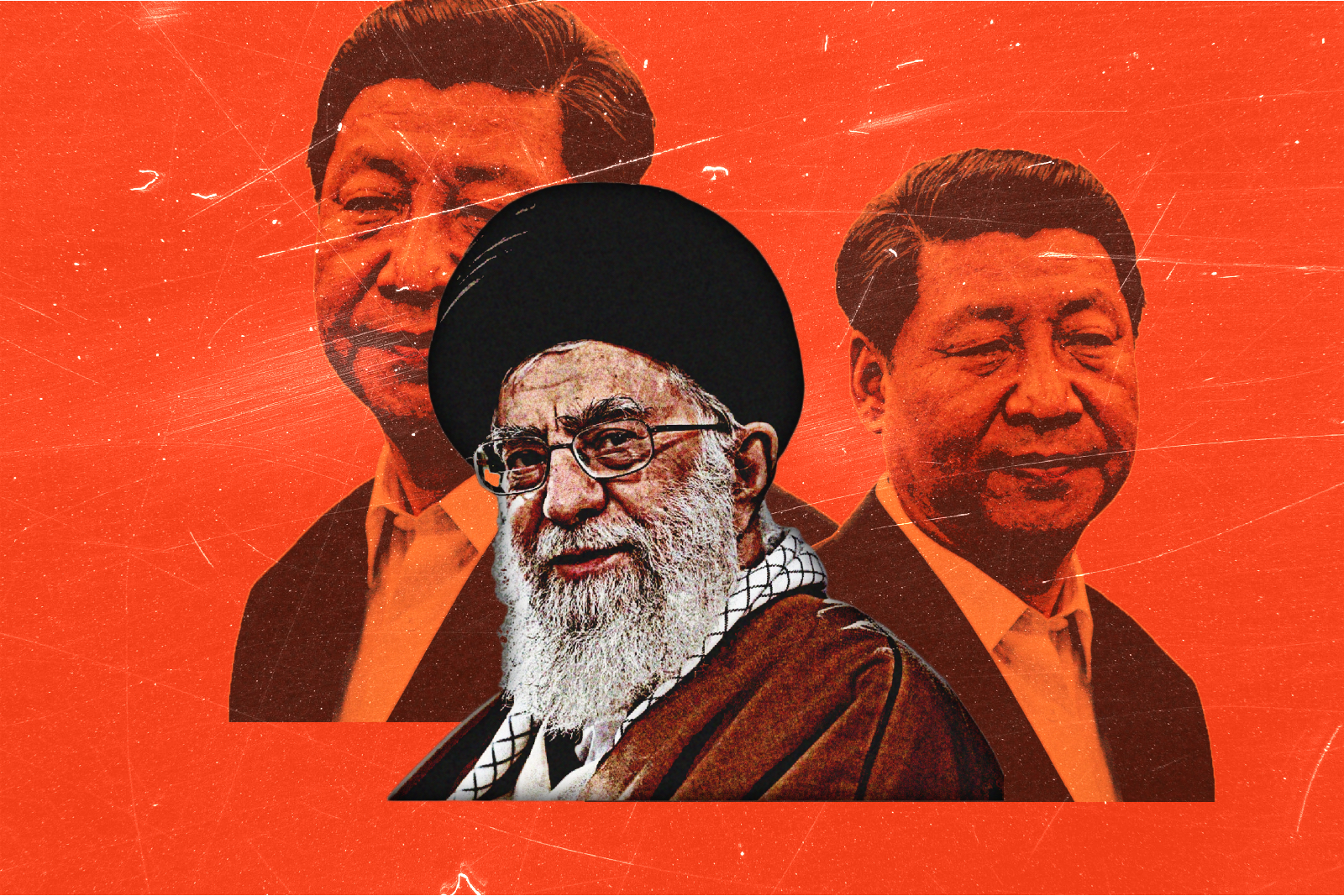
Why China Should Remain Neutral in Iran’s Uprisings
At the November 24th meeting of the UN Human Rights Commission, China was one of a handful of countries that refused to condemn Iran for its violent response to the ongoing protests roiling Iran.
China argued that UN intervention in this issue would violate Iran’s sovereignty. This position is consistent with China’s long-term policy of non-intervention in the domestic affairs of other nations. China has used this logic to engage in economic relations with all types of political regimes regardless of how they behave toward their own citizens. Is it, however, in China’s long-term national interest to develop close economic and diplomatic ties with regimes that ignore the basic rights and well-being of their own citizens?
In the case of Iran, China has gone beyond neutrality and has offered explicit support for the ruling regime by opposing the UN proposal instead of abstaining. (In contrast, China abstained on the March 25 UN General Assembly vote to condemn Russia for the humanitarian crisis in Ukraine.) This will not be in China’s best interest.
For more than eleven weeks, Iran’s clerical regime, led by the 83-year-old Ali Khamenei, has faced an unprecedented mass uprising, which began after a young woman was arrested on September 13 for violating the hijab dress code, and died of a head injury while in police custody. Iranians by and large blamed the security forces for her death and organized mass protests in various cities in opposition to the Islamic ruling regime that has monopolized political power for decades.
The protests have continued until now. More than 400 protestors have been killed and thousands have been injured or arrested. The slogan of these protests, “woman, life, freedom,” has gone viral and protestors have been supported by celebrities and politicians from all over the world.
The protests have not only exposed the deep political and cultural divide inside Iran, but they have also revealed that a strong majority of Iran’s population is opposed to the policies of the regime, which most people see as an absolute dictatorship. The protests have spread to many cities in all provinces and they frequently erupt in various neighborhoods of Tehran and other large cities despite the regime’s violent response. Furthermore, we have witnessed a gradual but steady defection by many artists, athletes, and academics to the camp of dissidents.
These developments should give pause to Beijing if they are considering more support for the regime. The spread and durability of these protests demonstrate that the Islamic regime will have a difficult time restoring the status quo, and fully suppressing the uprising. While it will be equally unrealistic to predict a quick victory for the protestors in the shape of a regime change, the outcome of the protests is far from certain.
In light of this uncertainty about Iran’s government, China’s economic and diplomatic interests are best served by trying to remain neutral toward the protests- similar to how it responded to the Arab Spring uprising in Egypt. Siding with the regime will increase anti-Chinese sentiments among Iranians. If opposition forces gain any sort of influence over public policy, these negative sentiments will have an adverse effect on China’s relations with Iran. Even if the regime prevails and continues its strong relations with China, these sentiments can lead to sabotage and acts of violence against Chinese investments and citizens inside Iran. Acts of violence against Chinese interests have occurred in several other countries such as the Balochistan region of Pakistan under similar circumstances.
There are also some ideological reasons why China must not give the regime diplomatic cover as it kills and arrests protestors. While facing strong criticism for the violation of human rights and a lack of Western-style democracy, China has emerged as a model of successful governance. With that said, this isn’t to suggest that successful means treating its citizens fairly or protecting the human rights of minority groups. Importantly, the protests in Iran are ongoing at the same time that Beijing is having to contend with its own domestic protest movement.
Accordingly, China should maintain some distance from ruling regimes that ignore the well-being and prosperity of their own citizens. The economic and bureaucratic reforms that China’s leadership initiated in the 1980s have resulted in an economic miracle that has lifted millions out of poverty and transformed China into a modern industrial society. In response to Western criticisms of human rights issues, China frequently engages in whataboutism by pointing out the inability of some Western governments, particularly the United States, in fighting poverty, homelessness, crime, and their inability to renovate and upgrade their infrastructure.
Hence it makes good sense for China to encourage good governance among its major economic partners in the developing world and distance itself from ruling regimes that neglect the needs and aspirations of their own citizens. In recent years, Iran has emerged as one of China’s most important economic partners in the Middle East. China and Iran signed a Comprehensive Strategic Cooperation Plan in 2021, and with China’s support, Iran joined the Shanghai Cooperation Agreement this year.
Iran’s clerical regime, however, has performed poorly on most indicators of good governance, in which China has succeeded. While China has enjoyed very strong economic growth, Iran has seen a sharp decrease in economic growth and poverty rates have sharply increased in the past decade. While China has successfully avoided conflict, Iran has pursued an ideological anti-Western foreign policy, which has led to crushing economic sanctions. Similarly, while China has devoted significant amounts of public resources to the development of physical and digital infrastructure, and has been able to create a hospitable environment for foreign investment, bureaucratic corruption and political instability in Iran have led to a massive flight of capital and skilled labor from Iran.
In the past two decades, the Islamic Republic has tried hard to expand its economic and diplomatic relations with China to offset hostile relations with Western governments. The expansion of bilateral relations has benefited China and has encouraged it to develop strong government-to-government relations with Iran. Remaining indifferent toward the failures of Iran’s ruling regime will harm China’s interests in the long run as it will lead to a rise in anti-Chinese sentiments among millions of Iranians who view Iran-China relations as benefiting the regime at the expense of the people.
